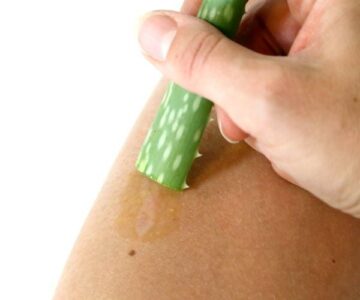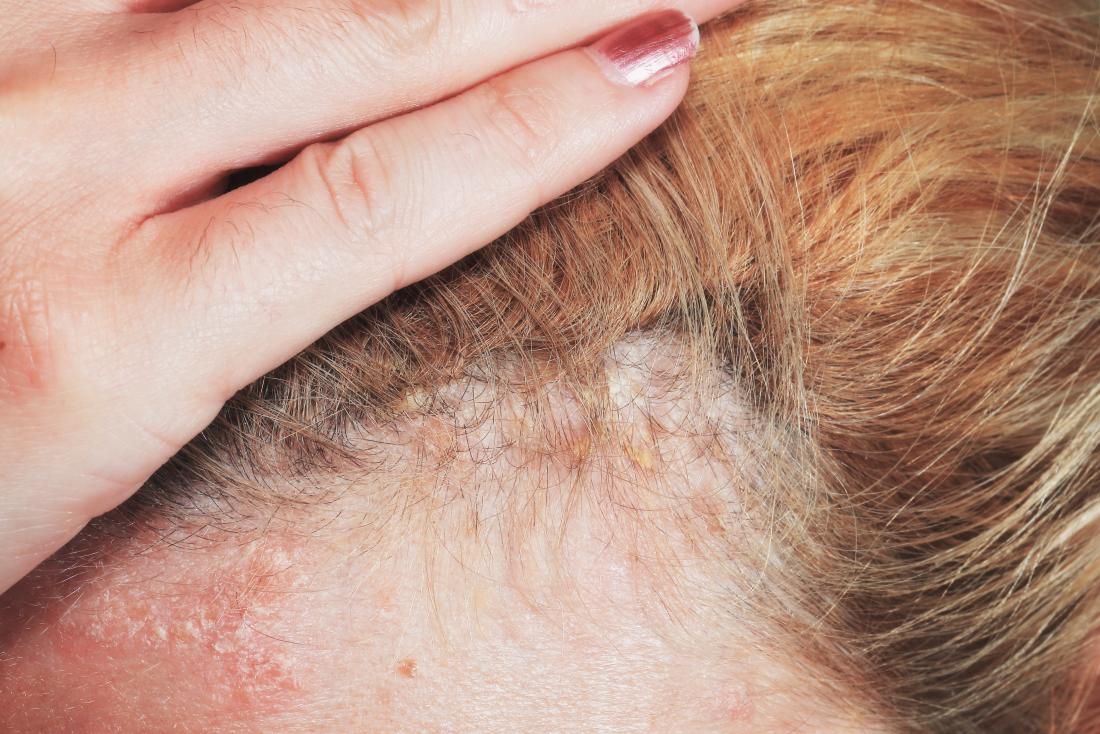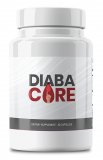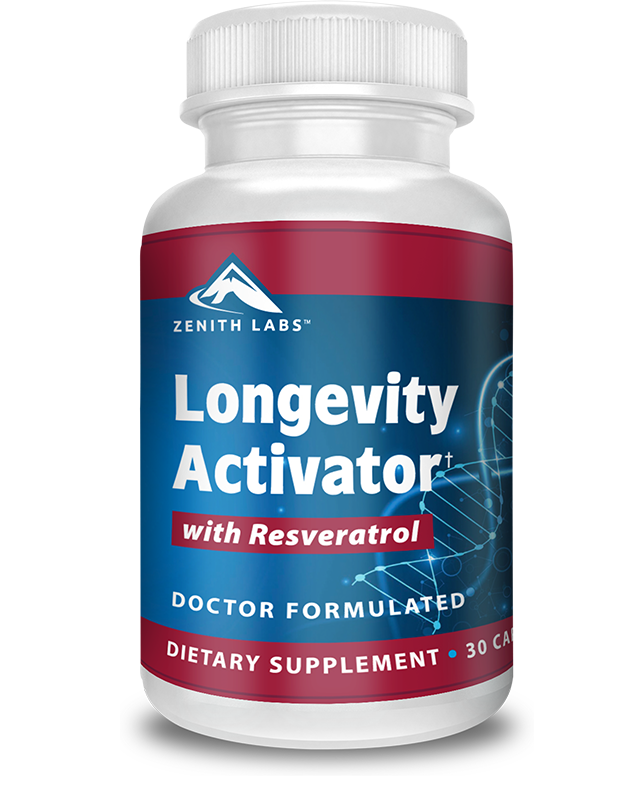8 Proven and Natural Remedies to Treat Psoriasis!
The psoriasis is a disease of the skin that can cause your skin to become irregular, making him feel self – conscious and making others around me are afraid of “catch” you. Although the condition is not contagious, the treatment can give you that much needed peace of mind and the freedom to try to cover and mask the patches where the characteristic scaly aspect of psoriasis has appeared. So why not explore some natural remedies that you can easily put into practice to relieve your symptoms and treat the problem? Peak Bioboost
ProVen
Reading Head Start
What is Psoriasis?
Psoriasis is a problem of the immune system that triggers a thick and irregular skin with a particular reddish tint and a silver appearance similar to the scales, it can be uncomfortable and embarrassing. Your body essentially replicates skin cells too quickly causing excess cell accumulation. The patches can cause itching or pain and can appear on any part of the body, including the knees, elbows, feet, palms, back and even the face or scalp. For some people, it could also trigger psoriatic arthritis.
1. Reduce Stress Naturally:
It is believed that stress worsens psoriasis in people already affected. Therefore, keeping it under control could help relieve symptoms and stop progress or outbreaks.
“You can try the Ashwagandha Ayurvedic herbal remedy, a popular treatment to combat stress”.
It is also a powerful antioxidant and relieves anxiety. More importantly, it is an adaptogen, which means it helps your body maintain the correct balance of the stress hormone cortisol and strengthens its ability to respond to stressors. Take advantage of alternative forms of exercise and therapy such as yoga to heal the mind and body, or Tai Chi for fitness and flexibility in general, especially if you have psoriatic arthritis.
2. Calm Sores with Topical Natural Remedies:
You can relieve constant itching and pain by using topical treatments that help soothe and lighten the skin. Here are some natural remedies that are suggested by the National Psoriasis Foundation.
 Aloe Vera:Use the gel taken directly from the plant, or a natural version of the product as an aloe cream three times a day to reduce the flaky appearance, as well as the redness.
Aloe Vera:Use the gel taken directly from the plant, or a natural version of the product as an aloe cream three times a day to reduce the flaky appearance, as well as the redness.
- Apple Cider Vinegar:Use it for scalp itching diluted or as is, depending on the sensitivity of your skin.
- Epsom salt: Epsom salt or dead sea salt infused in your bath can relieve skin that is sore from psoriasis. Immerse yourself in the bathtub for about 15 minutes.
3. Build Immunity:
Psoriasis can be triggered by throat infections or certain medications, including pain relievers and anti-inflammatories such as ibuprofen, beta blockers for the treatment of heart problems and medications for high blood pressure (ACE inhibitors). Stay healthy and in good physical condition and provide your body with adequate nutrition to increase immunity. Although there is a wide range of foods that boost the immune system, some such as Indian gooseberry or Amla, garlic and onion, and spices such as turmeric, which is also anti-inflammatory, are especially good.
4. Lose Weight and Get Fit:
According to research, obesity or a higher BMI is associated with an increased risk of developing both psoriatic arthritis and psoriasis. If you belong to this category, you are also more likely to have a more serious form of the problem. Fortunately, weight loss through a combination of diet and exercise can help treat the problem. In one study, researchers evaluated this approach in 303 overweight and obese individuals with a moderate to severe case of chronic plaque psoriasis that had not responded to another treatment. A 20-week program resulted in a reduction in the severity of psoriasis.
5. Stop Smoking:
Smoking is one of the triggers of psoriasis, so if you are a smoker, it may be worth trying to quit smoking to see if that helps your condition. The American Academy of Dermatology actually recommends not smoking, as this can make psoriasis worse in those who already have the condition. They say this is important because maintaining general health is necessary to reduce the risk of other health problems such as heart disease or diabetes, for which people with psoriasis already have a higher risk of developing.
6. Reduce Alcohol Consumption:
Drinking too much? That could be making your psoriasis worse. Go ahead, make that lifestyle change that the American Academy of Dermatology suggests, including reducing alcohol consumption.
7. Acupuncture:
Acupuncture, although not widely recommended, has helped some people with their psoriasis. According to one study, it is useful for treating any type of chronic pain, so if you are dealing with the pain of your arthritis, you may benefit from visiting a professional trained in acupuncture.
8. Aromatherapy:
Certain aromatic oils are considered beneficial in the treatment of psoriasis. They raise the mood when inhaled and can be used by putting a few drops in the bathtub or using a diffuser. The tea tree, rose, lavender and chamomile are the most effective.





